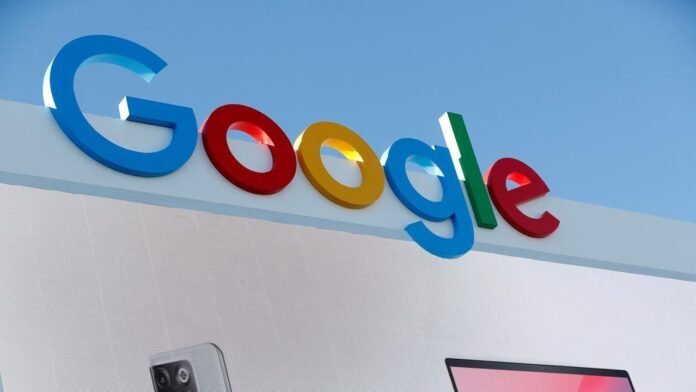Google intends to challenge a United States District Court judge who found it acted wrongfully to maintain its monopoly over online search.
A Big Loss for Google
According to the District Court for the District of Columbia, Amit P. Mehta, Google suffered a significant setback. If this ruling stands, it could change how Google conducts its business and affect the internet’s structure and functionality.
Monopoly Abuse
Mehta determined that Google abused its monopolistic power over search by paying companies like Apple to make its engine the default on their devices and web browsers. The Justice Department and states first sued Google for antitrust in 2020, with court proceedings beginning in September 2023.
Financial Influence on Competitors
Google pays companies, including Apple, Samsung, and Mozilla, billions of dollars for prime placement in web browsers and smartphones. In 2021 alone, Google spent $26 billion as the default search engine across Apple and Android platforms, with about $18 billion going to Apple. Google shares 36% of search ad revenue from Safari with Apple. The government argued that paying for the dominant position effectively prevented competitors from building up their search engines to a scale that would give them the data and reach to stay competitive.
Google Violation of the Sherman Act
“After carefully considering and weighing the witness testimony and evidence, the court reaches the following conclusion: Chroma is a monopolist, and it has acted as one to maintain its monopoly,” Mehta wrote. “It has violated Section 2 of the Sherman Act.”
Google’s Response and Plans to Appeal
Kent Walker, Google’s president of Global Affairs, told TOPCLAPS the company plans to appeal the decision. Walker reiterated Google’s previous arguments that it has used its dominant position to create the best and most useful search engine, benefiting consumers and advertisers alike.
Walker’s Statement
We appreciate the Court’s finding that Google is ‘the industry’s highest quality search engine, which has earned Google the trust of hundreds of millions of daily users,’ that ‘has long been the best search engine, particularly on mobile devices,’ ‘has continued to innovate in search,’ and that ‘Apple and Mozilla occasionally assess Google’s search quality relative to its rivals and find Google’s to be superior.’”
Google Case Background and Implications
The opinion wraps up a long-running case—U.S. v. Google—with a ten-week trial last year. In 2020, the Department of Justice and a group of attorneys general from 38 states and territories, led by Colorado and Nebraska, filed similar but separate antitrust suits against, claiming that it unfairly shut out potential search rivals like Bing and DuckDuckGo. The DOJ estimated it held a 90% share of the search market, which was contested.
Google Effect on Future Antitrust Cases
This case’s outcome represents a significant victory for the Justice Department. This lawsuit may impact other antitrust lawsuits going through courts as precedents are set within it. The DOJ has taken legal action against Apple over making switching away from iPhones difficult for consumers while also suing Meta recently for stamping out early competitors and Amazon for squeezing sellers on its online marketplace.
Future Remedies for Google
Judge Mehta’s decision may also impact the outcome of the Justice Department’s second antitrust suit, which alleges that it illegally monopolized the digital ads market.
Potential Outcomes for Google </strong>
The judge has yet to decide on remedies for Google’s behavior. He could force the company to change how it runs its search business or order. It is to sell off parts of that business. The opinion could be appealed. The final verdict may differ significantly, as with Microsoft’s famed antitrust case in the dot-com era.
Historical Context: Microsoft Antitrust Case
Microsoft still had to take certain steps that experts today say might influence Mehta’s behavioral remedies for Google. As part of Microsoft’s settlement, the company had to share. Its APIs with third-party companies and appoint a panel to monitor its compliance.


